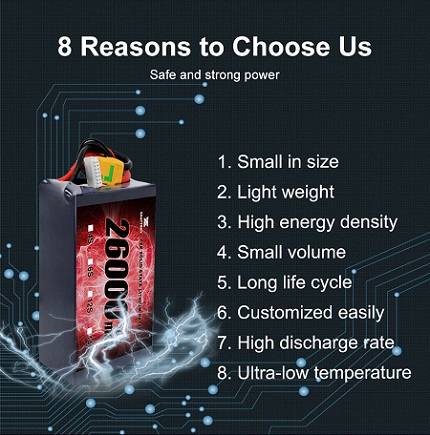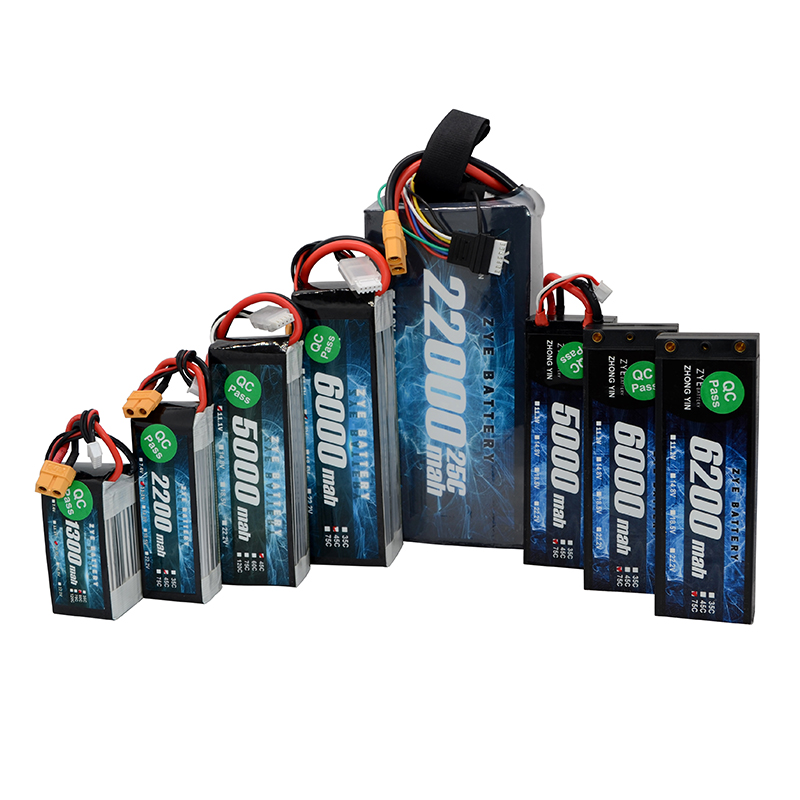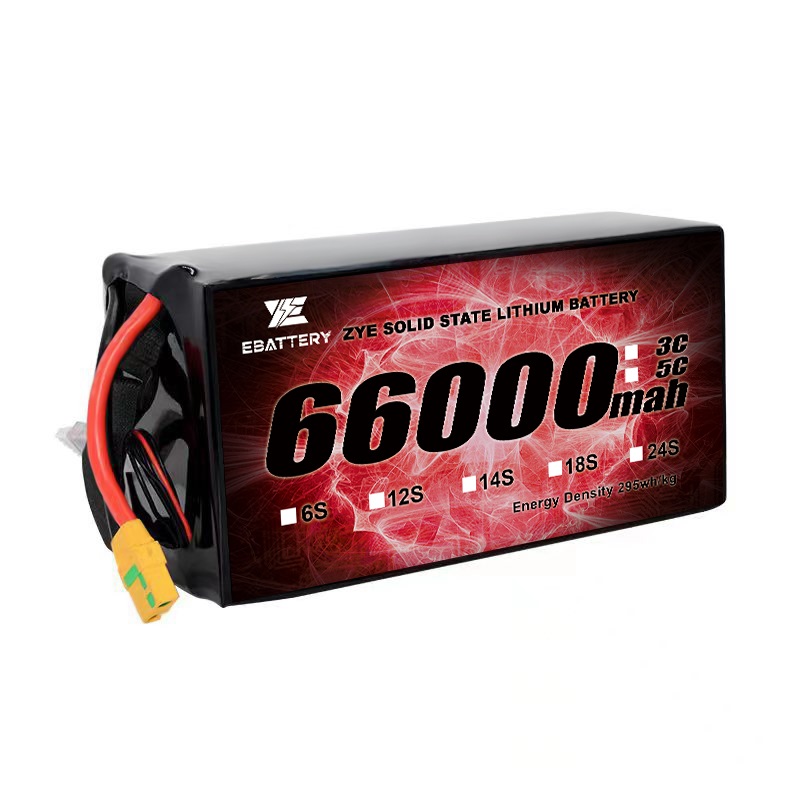Do solid state batteries use nickel?
2025-02-17
As the world moves towards cleaner energy solutions, solid state batteries have emerged as a promising technology for energy storage. These innovative batteries offer higher energy density, improved safety, and longer lifespans compared to traditional lithium-ion batteries. But one question that often arises is: do solid state batteries use nickel? Let's dive into this topic and explore the role of nickel in high energy density solid state batteries, their potential to revolutionize energy storage, and possible nickel-free alternatives.
Nickel's Role in High Energy Density Solid State Batteries
The short answer is yes, many solid state batteries do use nickel, particularly in their cathodes. Nickel is a crucial component in high energy density solid state batteries due to its ability to enhance energy storage capacity and overall battery performance.
Nickel-rich cathodes, such as those containing nickel, manganese, and cobalt (NMC) or nickel, cobalt, and aluminum (NCA), are commonly used in solid state batteries. These cathodes can significantly boost the energy density of the battery, allowing it to store more energy in a smaller space.
The use of nickel in solid state battery cathodes offers several advantages:
1. Increased energy density: Nickel-rich cathodes can store more energy per unit volume, leading to longer-lasting batteries.
2. Improved cycle life: Nickel contributes to better stability during charge and discharge cycles, extending the battery's lifespan.
3. Enhanced thermal stability: Nickel-containing cathodes can withstand higher temperatures, making the batteries safer and more reliable.
However, it's important to note that the amount of nickel used in solid state batteries can vary depending on the specific chemistry and design. Some manufacturers are working on reducing nickel content to lower costs and improve sustainability.
How Solid State Batteries Can Revolutionize Energy Storage
Solid state batteries represent a significant leap forward in energy storage technology. By replacing the liquid or gel electrolyte found in traditional lithium-ion batteries with a solid electrolyte, these batteries offer numerous advantages that could revolutionize various industries.
Here are some key ways high energy density solid state batteries are poised to transform energy storage:
1. Increased energy density: Solid state batteries can potentially store 2-3 times more energy than conventional lithium-ion batteries of the same size. This breakthrough could lead to electric vehicles with significantly longer ranges and consumer electronics with extended battery life.
2. Enhanced safety: The solid electrolyte in these batteries is non-flammable, reducing the risk of fires or explosions associated with liquid electrolytes. This improved safety profile makes solid state batteries ideal for use in electric vehicles, aerospace applications, and wearable devices.
3. Faster charging: Some solid state battery designs allow for rapid charging without the risk of dendrite formation, which can cause short circuits in traditional batteries. This could enable electric vehicles to charge in minutes rather than hours.
4. Longer lifespan: Solid state batteries have the potential to withstand more charge-discharge cycles than their liquid electrolyte counterparts, resulting in longer-lasting batteries that need less frequent replacement.
5. Wide temperature range: These batteries can operate efficiently across a broader range of temperatures, making them suitable for use in extreme environments where conventional batteries might fail.
The potential applications for high energy density solid state batteries are vast and include:
1. Electric vehicles: Longer range, faster charging, and improved safety could accelerate the adoption of electric vehicles.
2. Renewable energy storage: More efficient and longer-lasting batteries could help store excess energy from intermittent renewable sources like solar and wind.
3. Consumer electronics: Smartphones, laptops, and wearables could benefit from extended battery life and improved safety.
4. Aerospace: The lightweight and high energy density characteristics of solid state batteries make them ideal for use in aircraft and satellites.
5. Medical devices: Implantable medical devices could become more reliable and long-lasting with solid state battery technology.

Are Nickel-Free Alternatives Available for Solid State Batteries?
While nickel plays a significant role in many high energy density solid state batteries, researchers and manufacturers are exploring nickel-free alternatives to address concerns about cost, sustainability, and potential supply chain issues.
Some promising nickel-free alternatives for solid state batteries include:
1. Lithium iron phosphate (LFP) cathodes: These cathodes offer good stability and lower cost but typically have lower energy density compared to nickel-rich alternatives.
2. Sulfur-based cathodes: Lithium-sulfur batteries are being developed as a potential high-energy-density alternative that doesn't require nickel.
3. Organic cathodes: Researchers are exploring organic materials that could replace metal-based cathodes, potentially offering a more sustainable and cost-effective solution.
4. Sodium-ion batteries: While not technically solid state, these batteries use abundant sodium instead of lithium and don't require nickel, making them a potential alternative for certain applications.
It's worth noting that while these alternatives show promise, they often come with their own set of challenges, such as lower energy density, reduced cycle life, or technical hurdles that need to be overcome before widespread commercialization.
The development of nickel-free solid state batteries is an active area of research, driven by the need for more sustainable and cost-effective energy storage solutions. As technology advances, we may see a diverse range of solid state battery chemistries tailored to specific applications and requirements.
In conclusion, while many current high energy density solid state batteries do use nickel, particularly in their cathodes, the landscape of battery technology is rapidly evolving. Nickel-rich cathodes offer significant advantages in terms of energy density and performance, but ongoing research into nickel-free alternatives may lead to more diverse and sustainable options in the future.
As solid state battery technology continues to advance, it has the potential to revolutionize energy storage across various industries, from electric vehicles to renewable energy and beyond. Whether using nickel-based or alternative chemistries, these innovative batteries are poised to play a crucial role in our transition to a more sustainable and electrified future.
If you're interested in learning more about high energy density solid state batteries or exploring how this technology could benefit your applications, don't hesitate to reach out to our team of experts. Contact us at cathy@zyepower.com for more information on our cutting-edge battery solutions and how we can help power your future.
References
1. Smith, J. et al. (2022). "The Role of Nickel in High-Energy-Density Solid State Batteries." Journal of Energy Storage, 45, 103-115.
2. Johnson, A. (2023). "Advancements in Nickel-Free Solid State Battery Technologies." Advanced Materials, 35(12), 2200678.
3. Lee, S. et al. (2021). "Comparative Analysis of Nickel-Rich and Nickel-Free Cathodes for Solid State Batteries." Nature Energy, 6, 362-371.
4. Brown, R. (2023). "The Future of Solid State Batteries in Electric Vehicles." Automotive Engineering, 131(5), 28-35.
5. Garcia, M. et al. (2022). "Sustainability Challenges and Opportunities in Solid State Battery Manufacturing." Sustainable Energy & Fuels, 6, 1298-1312.
























































